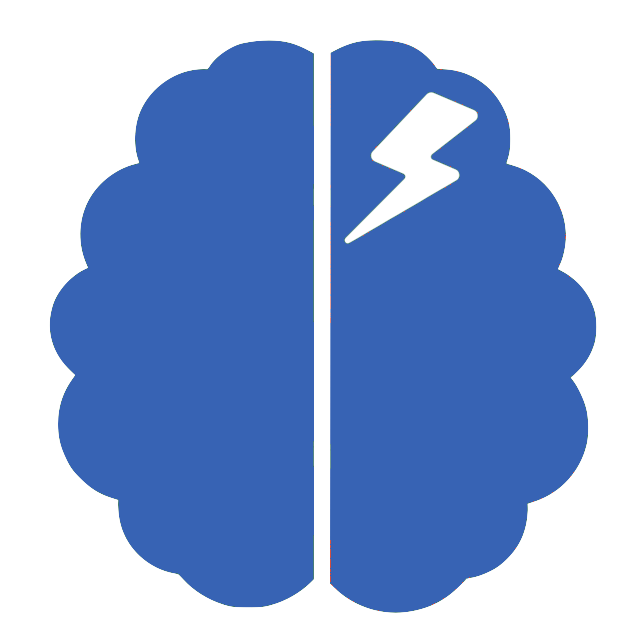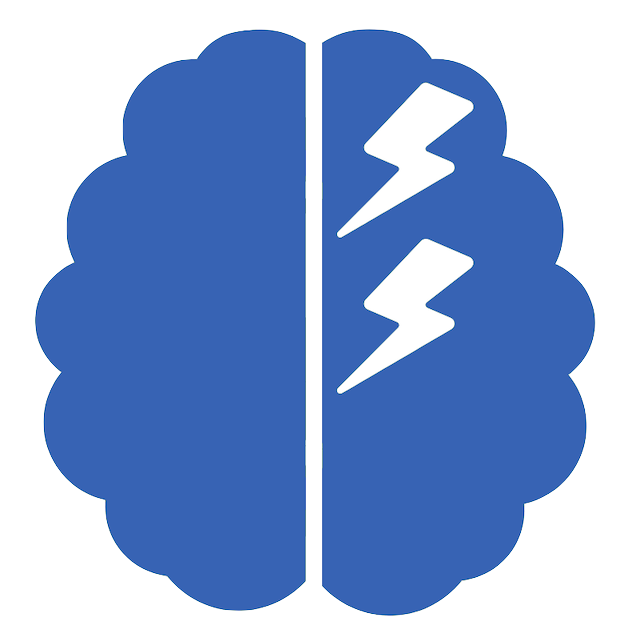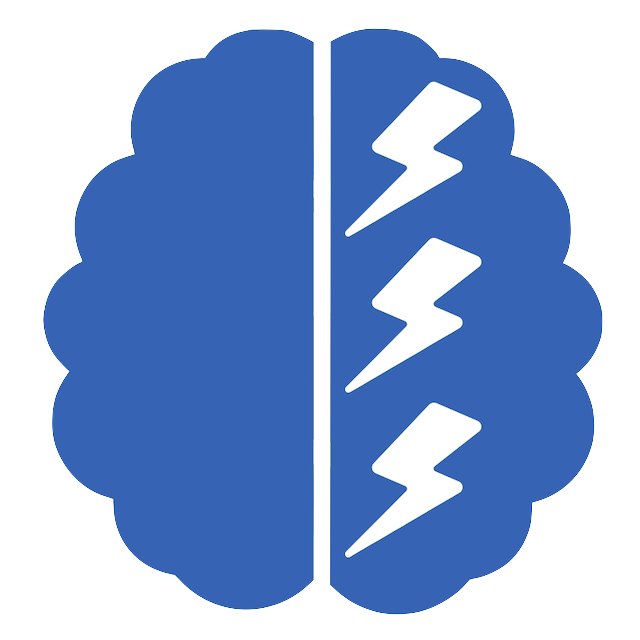3-Month Online Virtual Program Available for Patients with Long COVID-19 – Register Here Now!
Get Our Free Report on How Cognitive Brain Training Can Help with Cognitive Symptoms from Long COVID
Cognitive Remediation
First of its Kind
The Hartman Center is the first medical center in the United States offering the Brain Enhance and Recovery System (BEARS) powered by ABI Wellness, the evidence-based cognitive remediation platform with measurable outcomes for brain injuries, from concussion to mTBI and ABI.
HCFN Cognitive Brain Training Platforms
The Hartman Center offers a transformative, evidence-based solution for people seeking to improve cognitive functions. In collaboration with the proprietary platform, Brain Enhance And Recovery System (BEARS), powered by ABI Wellness, our patients overcome cognitive challenges in post-acute care through capacity building and neuroplasticity programming. Patients can expect to see improvements in speech, information processing, executive function, comprehension, learning and memory, and reasoning. These benefits can translate into better social relationships, successful return to work, a decrease in anxiety and depression, and an overall better quality of life.
[cognitiverehab]
Cognitive Training
Using the world-renowned BrainEx™ program, BEARS targets four areas of the brain that are responsible for executive functioning. Three exercises – Symbol Thinking, Nonverbal Thinking and Predicative Speech – help to restore a patient’s ability to organize, plan and set goals, in addition to building cognitive capacities in verbal memory, verbal retrieval, reasoning and enhancing overall self-awareness.
Symbol Relations
Symbolic Thinking
Non-Verbal Thinking
Predicative Speech
Cardio Program
Backed by thorough research, BEARS includes programmatic exercise and physical activity to regulate mood and anxiety. This aerobic exercise program plays a vital role in preparing the brain for more effective cognitive recovery. Studies have shown that aerobic exercise alone has been found to improve mood and executive functioning for patients with brain injuries.
Mindfulness Curriculum
Fatigue is one of the longest-lasting symptoms of brain injury, affecting daily function. That's why an integral part of BEARS are guided mindfulness exercises aimed to reduce depressive symptoms, overall stress and fatigue in patients with traumatic brain injury. These 10-15 minutes daily meditation exercises can also decrease pain intensity and increase energy levels.
Progress Tracking
As a BEARS certified provider, our facilitators have access to our fully-automated tools to analyze and report real-time patient activity and satisfactory tracking. This "quality of life" tracking system allows facilitators to monitor changes in each patient's daily life throughout treatment. Through this digital progress tracking, quality of patient care is greatly improved.
Time Commitment
Virtual Option
Our foundational platform targets concussion and mild to moderate brain injuries.
2 hours per day
3 days per week
2 months, with 2-3 two month extensions
Our customized platform targets a range of brain injuries, from concussion to mTBI and ABI (acquired brain injuries).
1 of 4:
Based on Clinical Assessment
2 hours per day
3 days per week
2 months, with 2-3 two month extensions
Our most comprehensive platform targets moderate to severe mTBI and ABI (acquired brain injuries).
5 hours per day
4 days per week
2 months, with 2-3 two month extensions
The 4 Pillars of the HCFN Brain Training Platform
HCFN Cognitive Brain Training Platforms uses a 4-pillar approach which uses Cognitive Training, Cardio Program, Mindfulness Curriculum, and Progress Tracking, that forms the foundation to our unique platforms: Essential/Integrative/Intensive.
Cognitive Training
Backed by 45 years of research and data, the cognitive programs target various areas responsible for executive functioning to increase cognitive pathways and build cognitive capacity. These areas help to restore a patient’s ability to organize, plan and set goals, in addition to building cognitive capacities in verbal memory, verbal retrieval, reasoning and enhancing overall self-awareness.
Mindfulness Curriculum
Fatigue is one of the longest-lasting symptoms of brain injury, affecting daily function. That’s why an integral part of HCFN Cognitive Brain Training is guided mindfulness exercises aimed to reduce depressive symptoms, overall stress and fatigue in patients with traumatic brain injury. These 10-15 minute daily meditation exercises can also decrease pain intensity and increase energy levels.
Progress Tracking
As a BEARS certified provider, our facilitators have access to our fully-automated tools to analyze and report real-time patient activity and satisfactory tracking. This engagement tracking allows facilitators to monitor changes in each patient’s daily life throughout treatment. Through this digital progress tracking, the quality of patient care is greatly improved.
Aerobic Exercise
Backed by thorough research, HCFN Cognitive Brain Training includes programmatic exercise and physical activity to regulate mood and anxiety. This aerobic exercise program plays a vital role in preparing the brain for more effective cognitive recovery. Studies have shown that aerobic exercise alone has been found to improve mood and executive functioning for patients with brain injuries.
We Change Lives
Where We Started
It’s Simple Science
There is an intimate relationship between our brain and body, the foundation of our physical and emotional well-being. When there is disintegration in how your brain and body communicate, your health is affected.
Historically
The perspective of traumatic and acquired brain injuries has been that the brain is unchangeable, hard-wired, and that function (diagnosed-defined) cannot be altered if damaged or limited. Brain injuries and the cognitive consequences of these injuries have been permanent and lifelong. They will lead to limited independence and the ability to return to work or school without accommodations and modifications.
Current
Science has revealed that the brain is changeable – Neuroplasticity – both mature and developing minds are continually reorganizing. Neuroplasticity refers to the brain’s ability to modify, change, and adapt in both structure and function throughout life and in response to experiences. We have now discovered that cognitive remediation is achievable.

Sign up for our
10 Days Newsletter opportunity
Stay in touch for the latest updates on our 10 Days Newsletter opportunity
Listen to Dr Jonathan explain what Cognitive Brain Training is all about, who it is for, and how it can help restore deficits in cognitive function.
Cognitive Remediation to Combat Symptoms of Long-COVID
While most people with COVID-19 experience mild to moderate symptoms that resolve within two to six weeks, a subset of exposed individuals have developed more severe disease, with symptoms lasting for several months. This “long COVID” can lead to significant impairment and disability. The exact prevalence of long COVID is not yet known, but it is estimated that 1-2% of people who contract the virus will experience prolonged symptoms.
There is still much to learn about long COVID, but we do know that it can cause a range of symptoms that can last for weeks or even months. These symptoms can include fatigue, brain fog, shortness of breath, chest pain, and heart palpitations. Some people with long COVID also report experiencing anxiety, depression, and post-traumatic stress disorder (PTSD).
While the vast majority of people with long COVID will eventually recover, a small minority will experience persistent symptoms that significantly impair their quality of life. For these individuals, long COVID can be a debilitating condition that requires ongoing medical care and support.
Common Long-Lasting Covid-19 Symptoms
Mental Health
- Depression
- Anxiety
- Stress
- Insomnia
Neurological
- “Brain Fog”
- Headaches
- Cognitive Fatigue
- Difficulty Thinking & Concentrating
Musculoskeletal
- Muscle and Joint Pain
- Decreased Activity Tolerance
- Fatigue
Reduce Brain Fog
What if a person suffering from the effects of long-COVID could clear their brain fog?
Improve Mental Clarity
What if, post-COVID, a person could experience increased mental clarity and improved decision making and memory recall?
Feel Like Yourself Again
What if a person dealing with long-COVID could regain their energy and feel like they did pre-pandemic?
Tailored Cognitive Programming
Customized online cognitive training programs tailored to the needs of people recovering from COVID-19.
Classifications of Brain Injuries

Concussion/Mild Traumatic Brain Injury (mTBI)
Concussion — A type of mild TBI that may be considered a temporary injury to the brain but could take minutes to several months to heal.
Symptoms
The individual either suddenly loses consciousness or has a suddenly altered state of consciousness or awareness.
Post-concussion syndrome involves symptoms that last for weeks or longer following a concussion.
Examples
A bump, blow, or jolt to the head, sports injury or fall, motor vehicle accident, weapons blast, or rapid acceleration or deceleration of the brain within the skull (such as the person having been violently shaken) can cause a concussion.

Moderate to Severe Traumatic Brain Injury (TBI)
Traumatic Brain Injuries (TBI) are caused by external factors, such as a forceful bump, blow, or jolt to the head or body, or an object that pierces the skull and enters the brain. Not all blows or jolts to the head result in a TBI.
Symptoms
Moderate brain injuries may experience unconsciousness up to 24 hours, have signs of brain trauma, contusions, bleeding, and signs of injury found on neuroimaging.
Severe brain injury may experience unconsciousness exceeding 24 hours (coma), no sleep/wake cycle during the loss of consciousness, and signs of injury appear on neuroimaging tests.
Examples
Falls, assaults, motor vehicle accidents, sports injuries.

Stroke / Non-Traumatic (Acquired) Brain Injury (ABI)
A brain injury caused by something that happens inside the body or a substance introduced into the body damages brain tissues, such as stroke, aneurysm, brain tumor, opioid overdose, meningitis, and encephalitis, and hematoma.
Causes
Non-Traumatic (Acquired) Brain Injuries (ABI) injuries cause damage to the brain by internal factors, such as a lack of oxygen, exposure to toxins, pressure from a tumor, etc.
Examples
Stroke, near-drowning, aneurysm, tumor, an infectious disease that affects the brain (i.e., meningitis), lack of oxygen supply to the brain (i.e., heart attack)